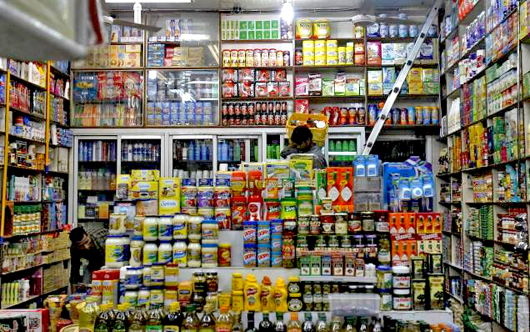New Delhi, Jun 5: With the favourite Indian noodle brand Maggi found containing high levels of lead and monosodium glutamate, there is a fear that a good portion of the food we buy from stores might be unfit for consumption.
The Annual Public Laboratory Testing Report for 2014-15 brought out by the Food Safety and Standards Authority of India (FSSAI) says that of the 49,290 samples of food items it tested, 8,469, nearly one-fifth, were found adulterated or misbranded.
Fewer convictions
However, convictions were secured in only 1,246 cases. Many food adulteration cases never reached the conviction stage. The report shows that Rs. 6.9 crore in penalties was collected from errant agencies. Data from only 14 States are available in the report.
The FSSAI is a public authority, formed under the Food Safety and Standard Act, 2006, mandated to ensure that food is safe for consumption.
By available data, Madhya Pradesh, Maharashtra, Uttar Pradesh and Tamil Nadu were found to have the largest sample of food items violating safety standard norms. However, the number of cases reaching conviction in these States is not encouraging.
In Tamil Nadu, where over 1,047 cases of adulterated food samples were found, only 203 reached conviction.
In Madhya Pradesh, the respective figures were 1,412 and 418. In Maharashtra, 75 of 1,162 cases reached conviction.
In Uttar Pradesh, 1,223 samples were found violating safety norms, but only 83 reached conviction.
By the 2006 Act, all cases of food adulteration and misbranding are punishable.
Lack of information
There is no information on food samples tested in States such as West Bengal. In New Delhi, though 148 food samples tested were found violating norms, there is no information on whether any measures were taken against the companies that manufactured or sold the product.
There is also no information on what the tested samples were of and if any preventive steps were taken when they were found to be adulterated.
Despite repeated attempts, the FSSAI officials remained inaccessible for comment.







Comments
Add new comment